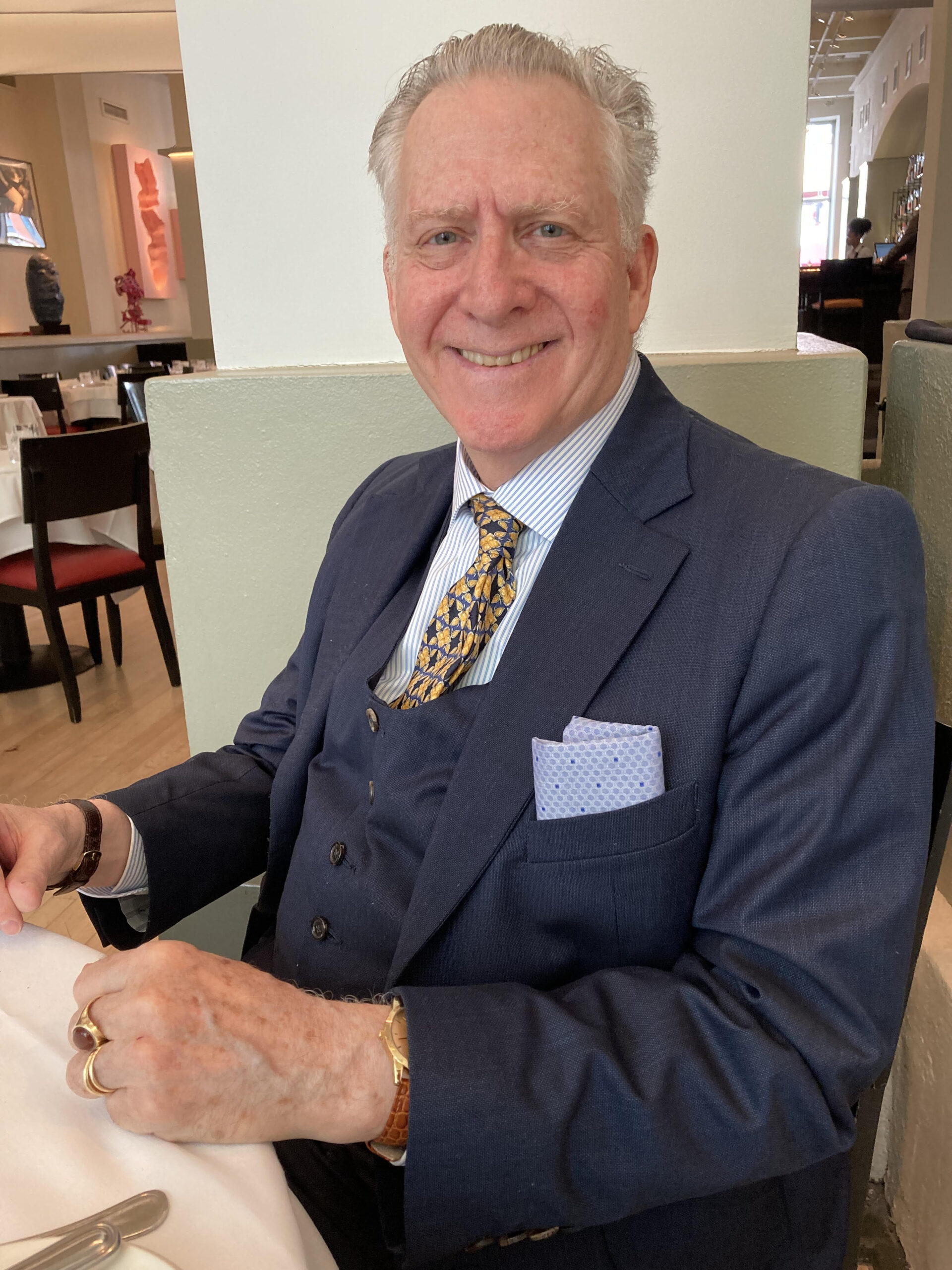By DAVID LEHMAN
Imagine the money the Keats estate would have made
if they could have copyrighted “negative capability”
and charged permission fees for its use, nearly as pricey
as Kant’s “categorical imperative,” which rests on the solidity
of logic while “negative capability” stands for
a destination you arrive at despite signs that say “dead end.”
A letter Keats sent to his brothers Tom and George
in 1817 is the ultimate authority, for it was there that he coined
“negative capability” for being in “uncertainties, mysteries, doubts,
without any irritable reaching for fact.” Consider King Lear.
The poetry is sublime and we love it despite the ugly atrocities
without denying they exist. And therefore “beauty is truth,”
or “ripeness is all,” which, according to Yale’s Cleanth Brooks
in The Well Wrought Urn, means pretty much the same thing.
David Lehman is editor of The Oxford Book of American Poetry and series editor of The Best American Poetry. His books include The Morning Line: Poems and One Hundred Autobiographies: A Memoir.




